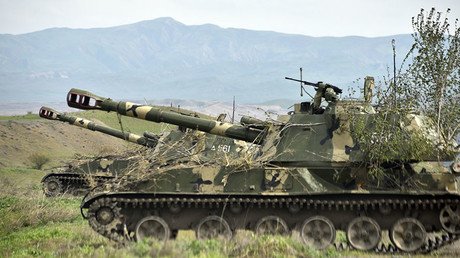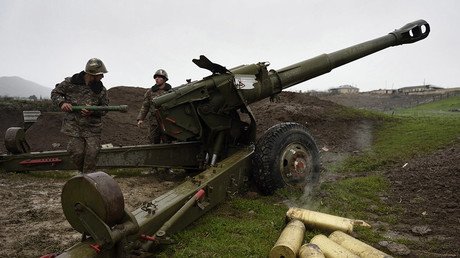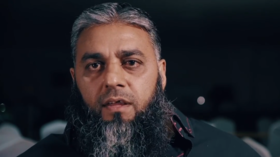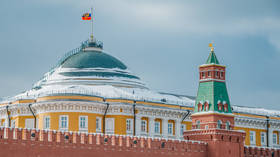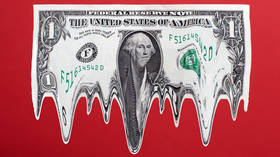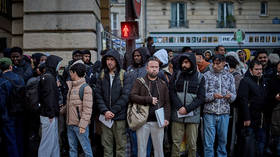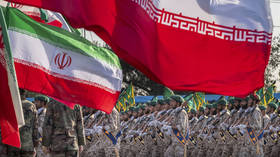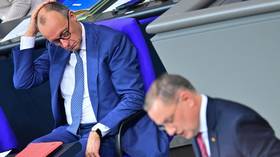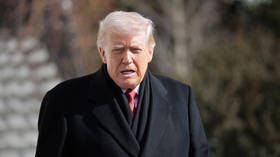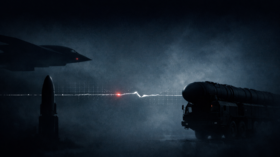Armenia & Azerbaijan vow not to resort to arms in Nagorno-Karabakh
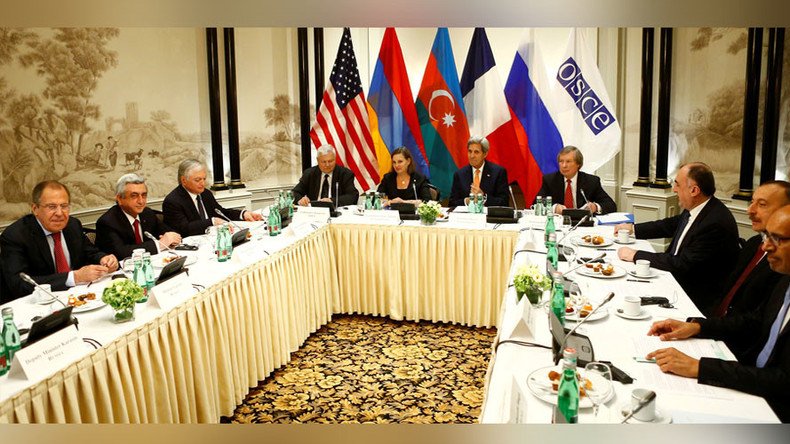
Leaders of Armenia and Azerbaijan supported the ceasefire in the disputed Nagorno-Karabakh region, promising to seek a non-military resolution to the heated conflict in a statement issued by the OSCE following a Minsk group meeting in Vienna on Monday.
Leaders of the rival states met on the highest level for the first time since the brief escalation in the protracted territorial conflict early in April, which saw the sides attacking each other with artillery, tanks, and rockets, while accusing one another of provoking the hostilities. After three days of shelling resulting in multiple casualties and an ensuing blame game, a Russia-brokered ceasefire was enacted following a meeting between the countries’ chiefs of staff in Moscow on April 5.
Armenian President Serzh Sargsyan and Azeri President Ilham Aliyev agreed in Vienna to adhere to the original provisional ceasefire agreement that was brokered to terminate the increasingly violent ethnic conflict of 1994-1995. Hostilities between ethnic Armenians living in Azerbaijan’s enclave of Nagorno-Karabakh and the central Azeri government erupted in the late 1980s.
“They reiterated that there can be no military solution to the conflict. The Co-Chairs insisted on the importance of respecting the 1994 and 1995 ceasefire agreements,” reads the OSCE statement, referring to the position of the meeting’s co-chairs – Russian Foreign Minister Sergey Lavrov, US State Secretary John Kerry, and State Secretary for European Affairs of France Harlem Desir – with regard to the flared-up conflict in the border area.
Sargsyan and Aliyev also expressed their readiness to further “reduce the risk of violence” in the area by establishing a new OSCE mechanism that would thoroughly investigate all incidents occurring along the contact line of the Nagorno-Karabakh conflict zone and provide for an exchange of data on missing persons under the aegis of the Red Cross.
Commenting on the feasibility of finding a peaceful resolution to the Nagorno-Karabakh conflict, Lavrov stressed at a press-conference on Monday that there was room for compromise between the previously warring parties.
Huge all-in brawl at Armenian-Azerbaijani Kung Fu fight (VIDEO) https://t.co/BbJzHLElGgpic.twitter.com/VdFm8SkPHo (via @rtsportnews)
— RT (@RT_com) 16 мая 2016 г.
“At least, if there was no such a possibility, then Russia, the USm and France would stop engaging in it [peace talks],” he said, as cited by TASS. Lavrov emphasized that the mediators’ aim is to end the conflict altogether, saying that the ultimate goal is to “start moving forward to the full settlement of the conflict.”
However, taking into account the existing tension between the sides, international negotiators will have to employ a gradual approach, Lavrov stressed.
It was agreed that the next meeting between Sargsyan and Aliyev, which is expected to pave the way for a final settlement of the dispute, is to be held at a yet unknown location in June.
As the conflict came to the boiling point earlier in April, Armenia said it would recognize Nagorno-Karabakh’s independence if Baku continued to shell the breakaway Republic, vowing to “continue to fully carry out its obligations in providing security for the population in Nagorno-Karabakh,” while looking into the possibility of “working on a military cooperation treaty with Karabakh.”
Azerbaijan submitted pleas to the UN, NATO and the EU in response, demanding that Yerevan “free all occupied territories, and provide complete territorial integrity and sovereignty of the Republic of Azerbaijan, recognized on international level.”
